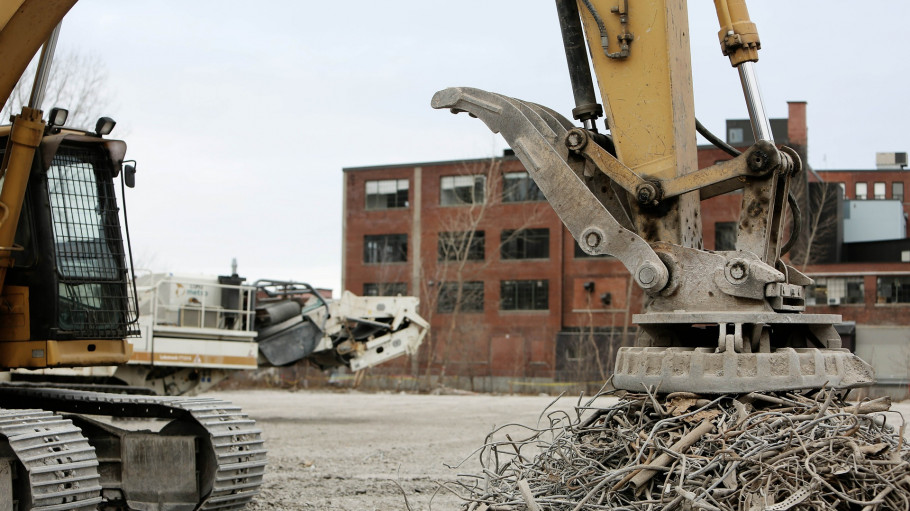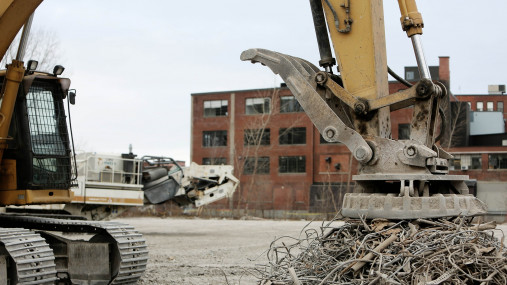
Publications » Position papers » Position paper on the revision of the Waste Shipment Regulation
Revision of the Waste Shipment Regulation
Downloads and links
Recent updates

Facilitating shipments of waste for reuse and recycling in the EU, not exporting waste challenges outside the EU and addressing illegal shipments of waste, are crucial for the European Union to adequately manage waste shipments in a clean and more circular economy and to avoid losses of valuable resources that can be recycled in the EU.
The European Commission recognises the steel industry as a priority sector for transitioning to a circular and climate-neutral European economy. Therefore, it is essential that export of waste does occur only when comparable environmental, health and social conditions exist between the EU and third countries, and only when those conditions are verified with certainty.
Significant improvements are necessary to ensure that the proposed measures are implementable, effective, and that no risks of fraud or circumvention arise. The different treatment between OECD and non-OECD countries, and the subsequent fact that certain destination countries may be exempted from having to demonstrate the extent to which they meet these essential conditions, is contrary to the spirit of the reform and could undermine the whole system.
In this regard, the legal presumption applied to OECD countries is not justified in view of the Commission impact assessment, while this approach creates a risk of discrimination among facilities of third countries. Moreover, the legal presumption applied to OECD countries is in breach of the coherence and effectiveness principles under Better Regulation. Lastly, the safeguard procedure for OECD countries merely addresses potential issues due to sudden increase of waste flows, therefore it constitutes a breach of the proportionality and subsidiarity principle.
The proposed requirement that exporters carry out audits of the facilities where exported waste will be processed is welcome, however it is vital that the scope of those audits is defined with more clarity.
In particular, auditing standards should be defined in the legislative text, while the audit should be performed by an EU-based independent and accredited third party. Regular reporting and transparency requirements should apply, and an effective system of complaints should be included as well.
Moreover, a careful evaluation is necessary to ensure that additional administrative burden will not hinder intra-EU shipment, while a three-year transition period before the entry into force of the new requirements is excessively long as far as ferrous scrap is concerned.
Extended version updated on 18 January

Download this publication or visit associated links
EUROFER wishes to comment and clarify on the concerns expressed in the above-mentioned statement:
Strasbourg, 17 December 2025 – The European Commission’s latest proposals on the Carbon Border Adjustment Mechanism (CBAM), unveiled today, correctly identify several loopholes that risk undermining its effectiveness, notably regarding EU exports, downstream sectors and circumvention practices. However, despite these laudable efforts, the measures put forward fail to deliver a comprehensive and durable response to carbon and jobs leakage, warns the European Steel Association (EUROFER).
A milestone occasion to quickly and effectively restore affordable electricity, to relaunch the
decarbonization and strengthen the international competitiveness of the European steel
industry.